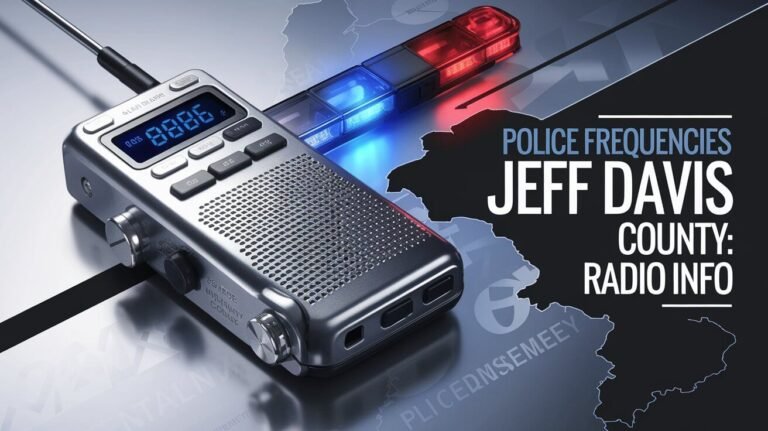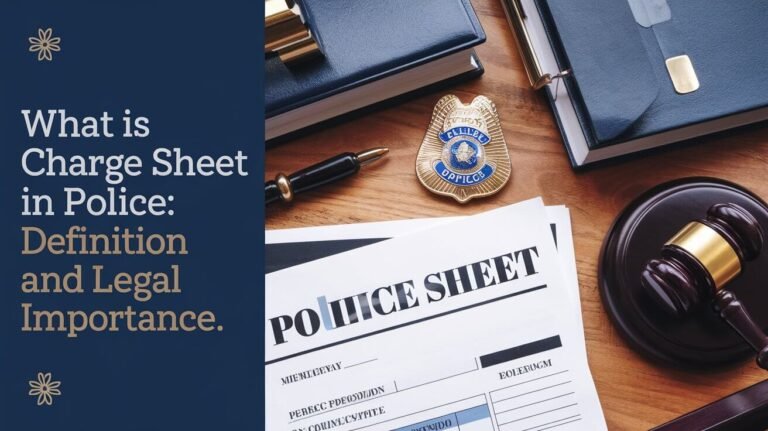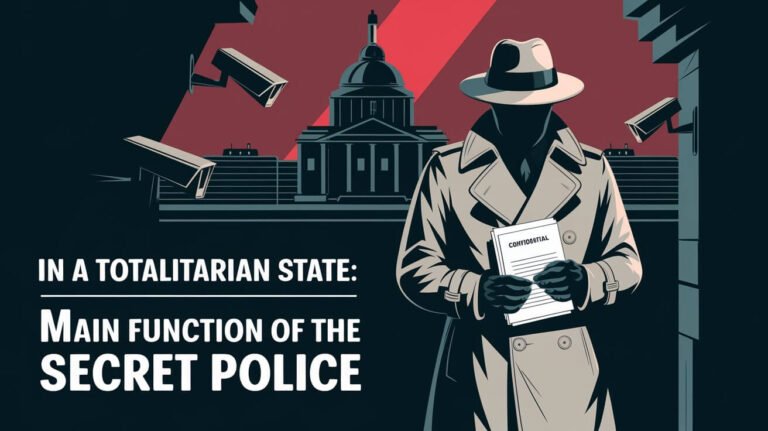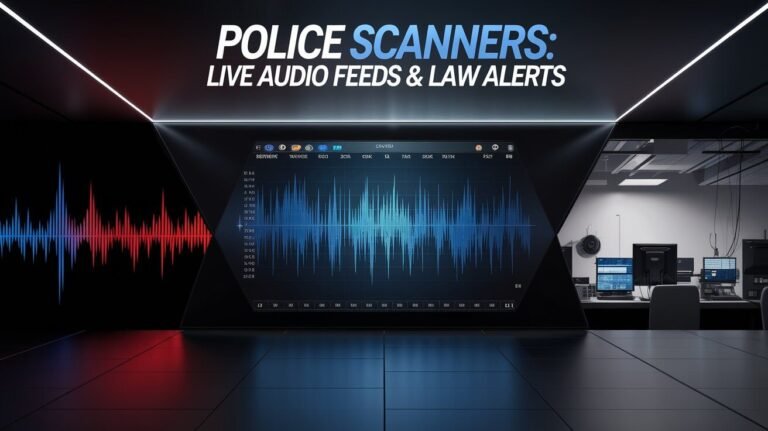Special Police Officer Career Guide: Roles, Requirements & Training
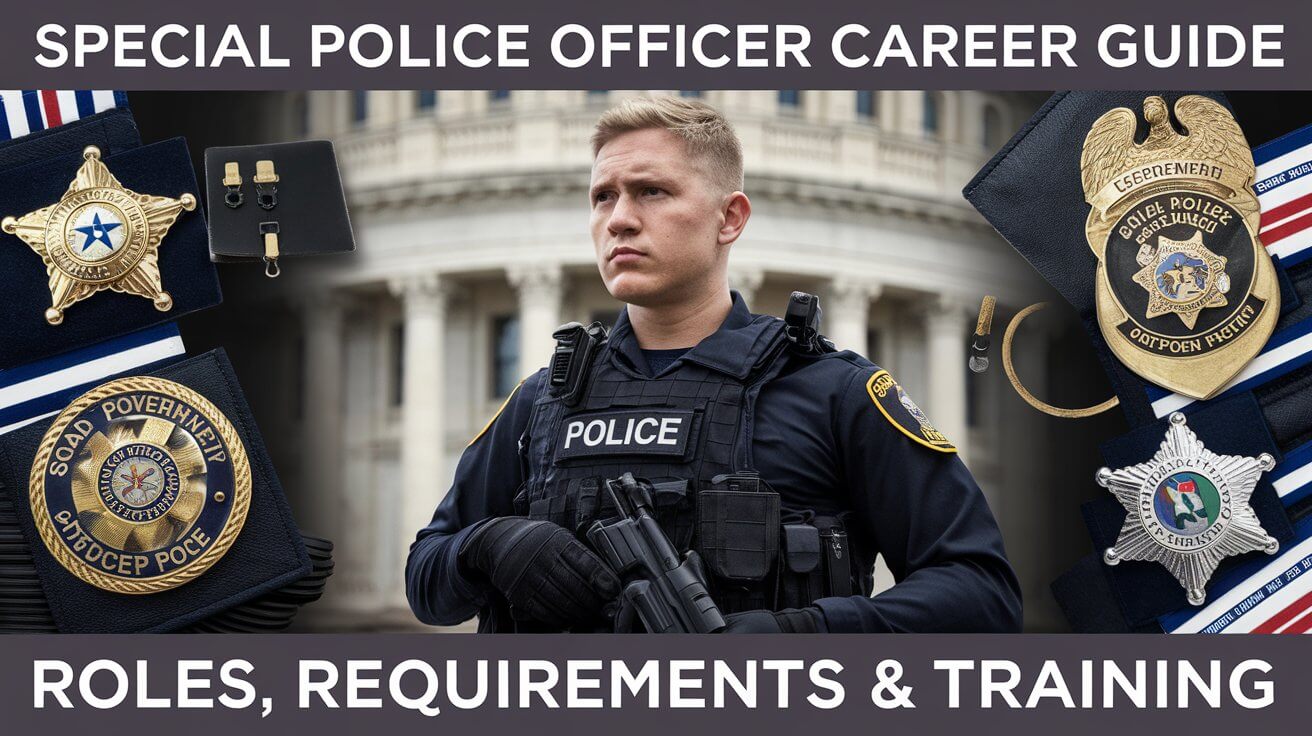
Special police officers (SPOs) protect specific properties, businesses, and communities. These law enforcement professionals combine traditional policing powers with specialized security duties. Their authority centers on designated areas like hospitals, universities, or corporate facilities.
Role and Responsibilities of Special Police Officers
SPOs carry similar powers to traditional police officers within their jurisdiction. They make arrests, conduct investigations, and maintain public safety. The key difference lies in their focused area of operation rather than city-wide authority.
Core Duties and Daily Tasks
Special police officers handle various security tasks at their assigned locations. They patrol buildings, respond to emergencies, and prevent criminal activities. Many SPOs direct traffic, conduct security checks, and investigate suspicious activities.
A typical day might include:
- Monitoring security systems and surveillance equipment
- Conducting regular property patrols
- Responding to alarms or security breaches
- Managing access control points
- Documenting incidents and writing reports
- Coordinating with local law enforcement
Authority and Jurisdiction Limits
SPOs operate under specific jurisdictional boundaries. Their commission grants them police powers within their assigned property and immediate surrounding areas. This includes the ability to:
- Make arrests without warrants for crimes in their jurisdiction
- Conduct investigations on property
- Control traffic in nearby public areas
- Respond to emergencies within their zone
Differences Between SPOs and Regular Police Officers
While SPOs share some powers with regular police, key differences exist. Special police focus on specific properties rather than entire cities. Their training requirements often differ, though both maintain professional law enforcement standards.
Where Special Police Officers Work
Special police officers serve in diverse environments. Each setting presents unique challenges and security needs.
Healthcare Security Operations
Hospitals rely heavily on SPOs for:
- Patient and staff safety
- Emergency room security
- Parking enforcement
- Access control
- Crisis intervention
- Medical equipment protection
Educational Institution Protection
Universities and schools employ SPOs to:
- Secure campus buildings
- Protect students and faculty
- Monitor parking areas
- Respond to campus emergencies
- Patrol dormitories
- Manage special events
Corporate and Private Security
Businesses hire SPOs for:
- Office building security
- Employee protection
- Asset safeguarding
- Visitor screening
- Emergency response
- Property patrols
Government Facility Security
Government buildings require SPOs for:
- Building access control
- Document protection
- Employee safety
- Public area monitoring
- Emergency management
- Visitor screening
Becoming a Special Police Officer
The path to becoming an SPO involves meeting specific requirements and completing necessary training.
Basic Eligibility Requirements
Standard qualifications include:
- Minimum age of 18-21 (varies by state)
- U.S. citizenship
- High school diploma or GED
- Valid driver’s license
- Clean criminal record
- Good moral character
- Physical fitness standards
- English language proficiency
Education and Training Standards
Training requirements vary by state but typically include:
- 80+ hours of initial training
- Criminal law education
- Constitutional procedures
- Search and seizure techniques
- Arrest protocols
- Use of force guidelines
- Emergency response training
Certification Process
Obtaining SPO certification involves:
- Submitting application materials
- Passing background checks
- Completing required training
- Passing physical examinations
- Obtaining necessary permits
- Meeting state-specific requirements
State-Specific Requirements
Different states maintain varying standards. Maryland, for example, requires:
- 80 hours of initial training
- 12 hours annual in-service training
- FBI background checks
- Fingerprint submission
- Regular commission renewals
Special Police Officer Training Programs
Training forms the foundation of SPO effectiveness and professionalism.
Required Training Modules
Core training includes:
- Criminal law basics
- Constitutional rights
- Arrest procedures
- Evidence handling
- Report writing
- Emergency response
- First aid and CPR
- Communication skills
Weapons Training and Certification
Armed SPOs must complete:
- Firearms safety training
- Shooting qualifications
- Weapon maintenance education
- Use of force training
- Less-lethal options training
- Regular recertification
Ongoing Education Requirements
SPOs maintain their skills through:
- Annual in-service training
- Legal updates
- New technology training
- Emergency response drills
- Physical fitness maintenance
- Professional development courses
Career Growth and Advancement
Special police officers enjoy various opportunities for professional growth.
Salary Ranges and Benefits
SPO compensation typically includes:
- Base salary ($30,000-$60,000 annually)
- Health insurance options
- Retirement benefits
- Paid time off
- Uniform allowances
- Overtime opportunities
Professional Development Opportunities
Career advancement options include:
- Supervisory positions
- Specialized unit assignments
- Training instructor roles
- Investigation teams
- Emergency response units
- Management positions
Legal Powers and Limitations
SPOs operate under specific legal frameworks that define their authority.
Arrest Authority
Special police officers can:
- Make arrests without warrants in their jurisdiction
- Detain suspects
- Issue citations
- Collect evidence
- File reports
- Testify in court
Use of Force Guidelines
SPOs must follow strict protocols for:
- Physical restraint
- Weapon deployment
- De-escalation techniques
- Self-defense
- Subject control
- Force documentation
Equipment and Weapons Regulations
Authorized equipment may include:
- Firearms (if commissioned)
- Less-lethal weapons
- Handcuffs
- Radio systems
- Body armor
- Emergency vehicles
State Variations in Special Police Programs
Each state maintains unique requirements and standards for SPOs.
Notable State Differences
Variations include:
- Age requirements
- Training hours
- Commission terms
- Renewal periods
- Jurisdiction limits
- Authority scope
Commission Requirements
Standard commission elements include:
- Application fees
- Background investigations
- Training verification
- Physical examinations
- Drug screening
- Regular renewals
Renewal Processes
Maintaining SPO status requires:
- Regular training updates
- Commission renewals
- Background checks
- Fee payments
- Performance reviews
- Continuing education
Future of Special Policing
The SPO field continues evolving with new challenges and opportunities.
Industry Trends
Current developments include:
- Enhanced training standards
- Technology integration
- Expanded responsibilities
- Specialized certifications
- Inter-agency cooperation
- Professional development focus
Technology Integration
Modern SPOs utilize:
- Advanced surveillance systems
- Digital reporting tools
- Communication technology
- Access control systems
- Emergency response equipment
- Security monitoring platforms
Special police officers play a vital role in modern security operations. Their specialized training, defined jurisdiction, and professional standards make them essential to property protection and public safety. As security needs evolve, SPOs continue adapting to meet new challenges while maintaining their core mission of protection and service.


